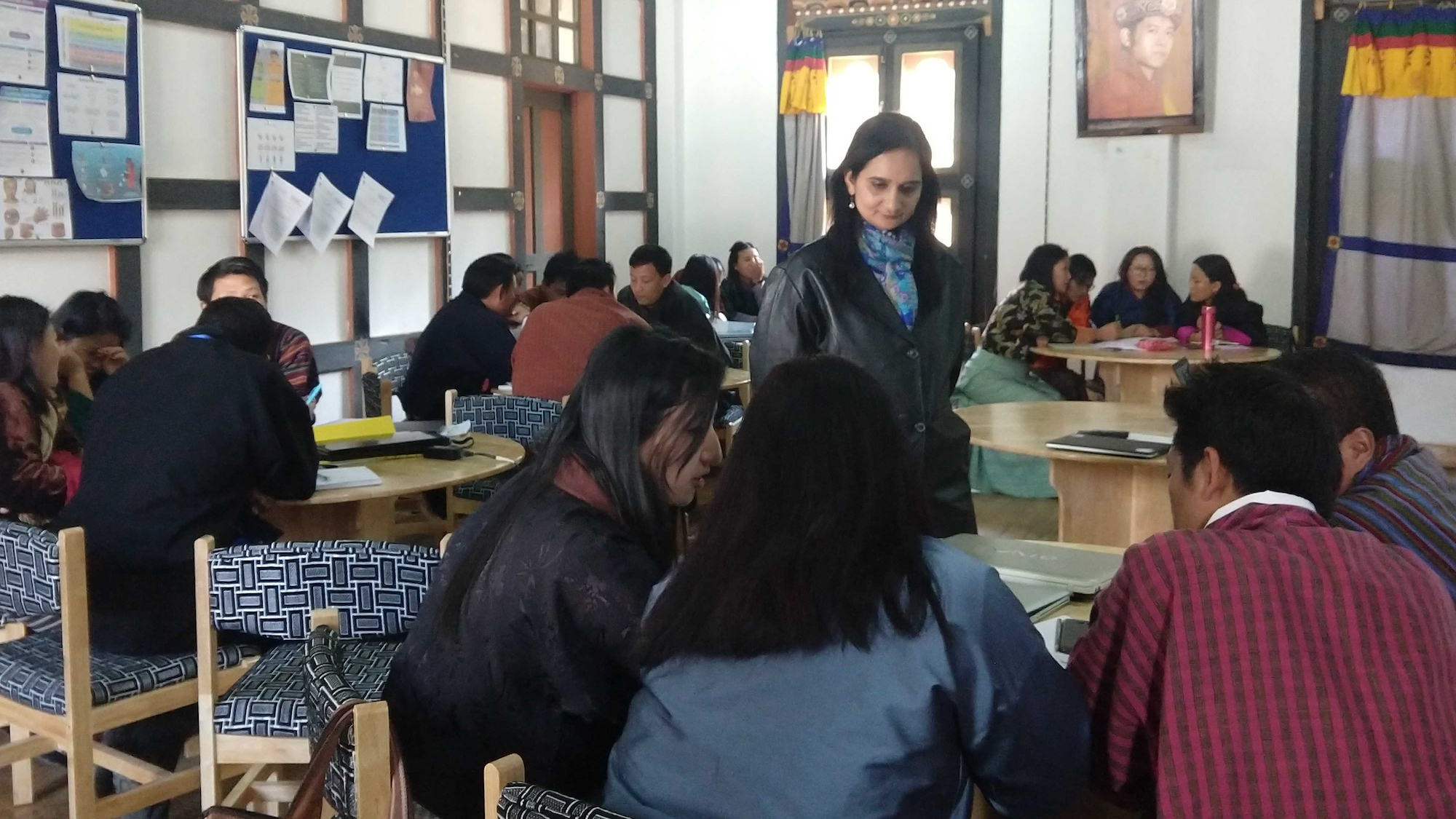An ed-insider's take on inclusive education
22 December 2020 — Written by Reyan Mishra

Beta testing is crucial when it comes to certain products, but the same can’t be mandated for learning children. “No kid is broken – they don’t need no repairment. All that can add shine to them comes from education and understanding,” says the Chief Convener of the special education needs children (SEN) empowerment organization, Elina, Ramalakshmi Kannan. This is just one piece of many interesting view-sets of Rama on the subject of inclusion in schools and elsewhere.
Down below is the upstanding record of the interview with Rama that has been sketched out to bring the true belief behind inclusive education to light.
Reyan: Inclusiveness can’t be standardized so it must be hard to instigate and maintain an entirely inclusive environment. How do you believe organizations can ensure inclusiveness in classes?
Rama: To achieve inclusiveness, we look at the larger perspective as opposed to specific environment setup such as primary, secondary schools, colleges where one class of thoughts or objective is fostered. We enjoy the virtue to project a child’s future based on his current thought process, abilities, and aspirations (i.e. dream mapping). The process is quite useful in giving a learner a suitable learning environment that makes them feel happy, confident, and content about their choice. Additionally, our approach involves breadth-, length-wise thinking to consider everything that may concern the child before taking any decision.
Reyan: Most people confuse the terms mainstreaming and inclusiveness, right? How would you say these two terms are different?
Rama: To me, it is just vocabulary. Mainstreaming is a concept that organizations choose to be affiliated with. Simply put, where the majority goes becomes mainstreamed. However, when we talk about inclusiveness there should be a complete absence of mainstreaming because the moment you say this term, you subconsciously highlight another group that’s not it. In a 100% inclusive setup, there is nothing that’s given preference over the other. I think it’s a vocabulary widely used for ease of understanding, but ideally, mainstreaming shouldn’t exist under an inclusive setup.

Closing remarks from Rama: I think it’s good to talk about inclusiveness in society. Talking does a lot to change, in ways we can’t really understand. More discussions on the topic of inclusiveness will actually make everyone comprehend the base ideology beneath the concept - which will ultimately endow the world with a forward inclusive slant.
That circle isn’t complete yet, coming up soon is another article based on the interview with an SEN alumnus, so stay tuned for more actionable insights on inclusiveness.